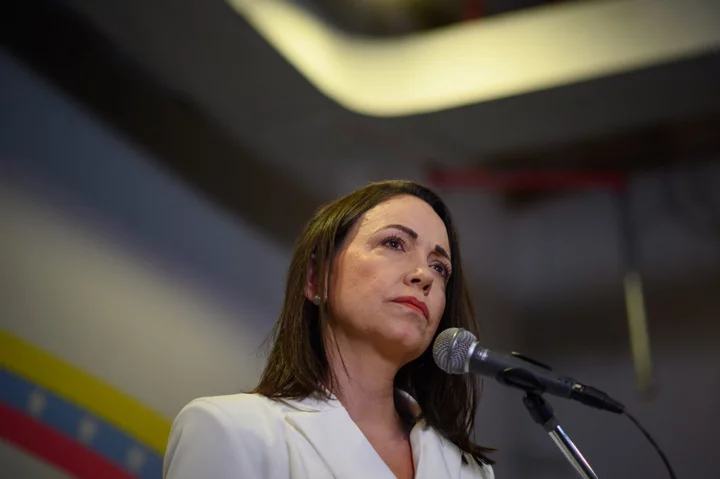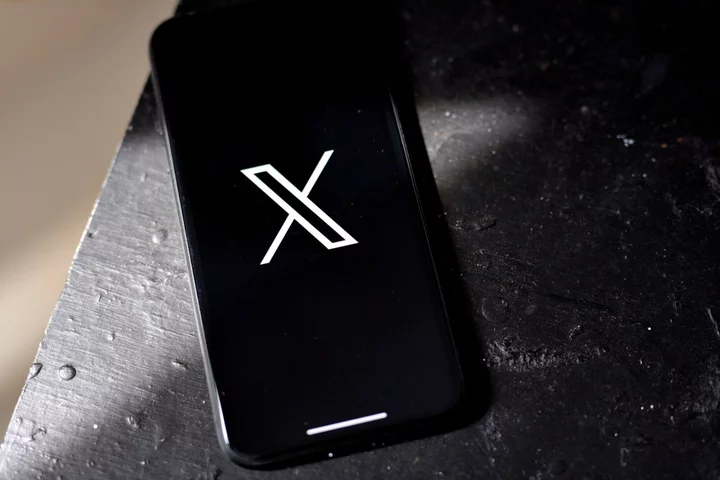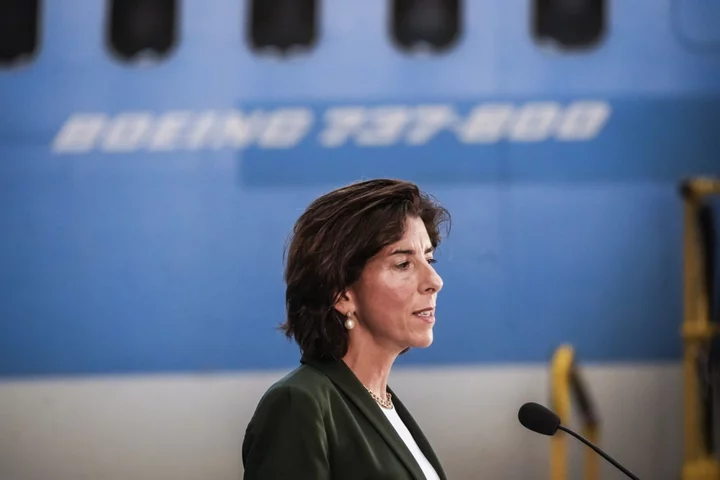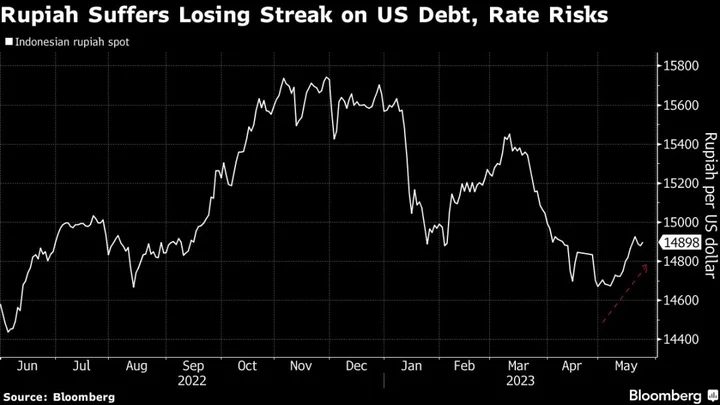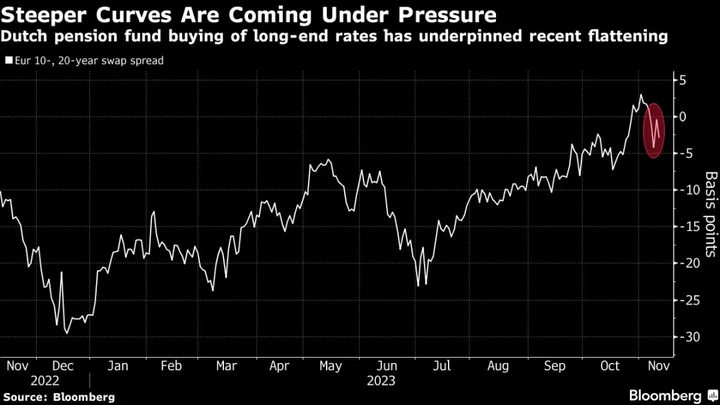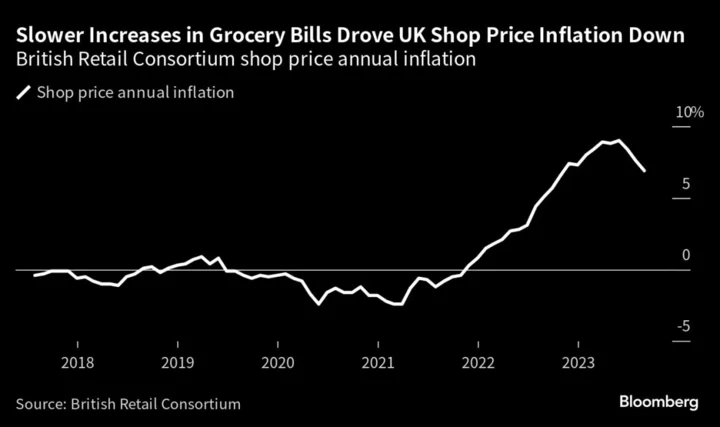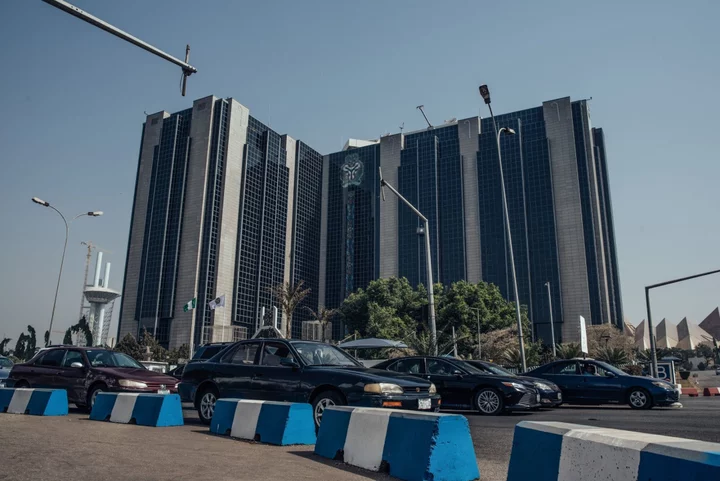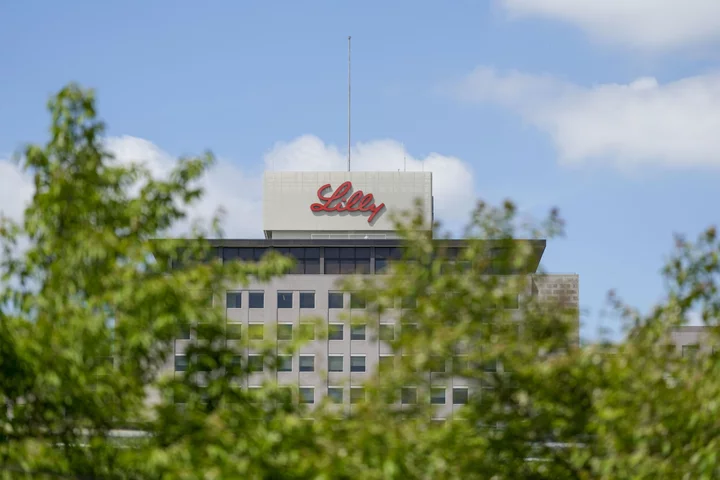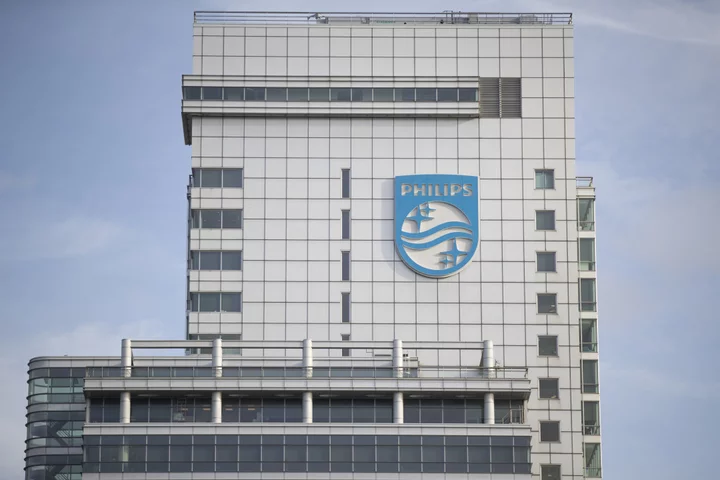For decades, Venezuelan schoolchildren have been taught to draw a map of their country different from the one in use elsewhere: theirs includes a disputed region roughly the size of Florida which is controlled by neighboring Guyana.
Following massive offshore oil discoveries in the region by Exxon Mobil Corp. and others, and with elections approaching, Venezuelan President Nicolás Maduro is inflaming regional tension by reviving a long-dormant border dispute over the area known as the Essequibo.
On Sunday, Venezuelans are voting on five referendum questions over whether this region should be ruled from Caracas. These include, “Do you agree in opposing, by all legal means, Guyana’s pretension to use unilaterally a sea whose borders haven’t been defined, illegally and in violation of international law?”
The dispute pits Guyana’s pro-western government against an ally of socialist Cuba. As the rhetoric heated up, Brazil said it would send more troops to its northern border with the two countries.
Read more: Brazil’s Military on Watch as Venezuela-Guyana Tension Rises
The Maduro government campaigned with marches, patriotic songs and videos reinforcing their claim to the thinly-populated, thickly-forested region, which makes up about two-thirds of Guyana’s national territory. Nearly all Venezuelans, including the opposition, believe the Essequibo is theirs.
“I’m going to the Essequibo, it’s mine, I’m going to defend the gold, the silver and even the coltan,” says one song promoted by the government, referring to the region’s mineral wealth.
Stoking Venezuelan nationalism could potentially help Maduro in 2024 presidential elections. If the vote were held tomorrow, 13% would vote for Maduro, while 63% would back opposition candidate María Corina Machado, according to Oswaldo Ramirez, head of local polling firm ORC Consultores. However, there are questions over whether the vote will be fair, and whether Machado will be allowed to run.
Guyana, South America’s only English-speaking nation, is the world’s fastest-growing economy, which has quadrupled in size over the last five years thanks to massive offshore oil deposits first drilled by Exxon in 2015. Its crude reserves are so large relative to its population of 800,000 that some projections show the nation overtaking Kuwait to become the world’s largest per-capita crude producer.
Read more: Tsunami of Oil Wealth Poses Risks to Guyana’s Growing Economy
Maduro’s Rage
In September, Guyana’s government provoked Maduro’s rage by saying it would award new oil blocks by the end of the year. The Maduro government said some of those blocks are on waters that have not been delimited, or belong to Venezuela.
“The referendum is a nationalist political response expressed at a time of weakness for the Maduro government,” said Rocío San Miguel, Venezuela-based president of watchdog group Control Ciudadano.
Guyana’s government has called for the referendum to be canceled. Machado also opposed the vote, saying that it was a distraction and a mistake.
Maduro says he expects 12 million Venezuelans to vote in the referendum, out of an electorate of 20 million.” Whether he achieves it will be a test on how much his regime can still mobilize its supporters after 2.4 million voters took part in an opposition primary last month. Maduro hasn’t said how he plans to proceed after that.
Longstanding Conflict
Guyana and Venezuela have been disputing their boundary since the late 1800s, with Venezuela claiming all the land west of the Essequibo River. In 1899, an international arbitration panel awarded Britain the territory, but in 1962 Venezuela said the decision was invalid and has periodically demanded the area be handed over, in some previous cases even threatening military action.
The United Nations referred the dispute to the International Court of Justice, but Venezuela doesn’t recognize its jurisdiction.
--With assistance from Dave Merrill.

